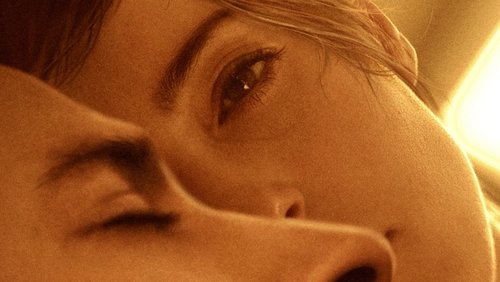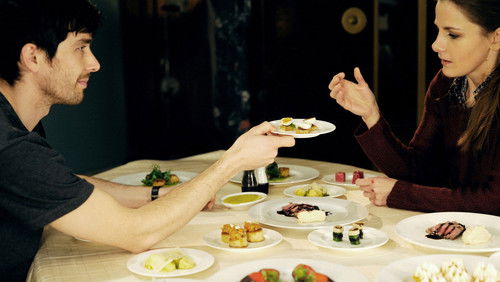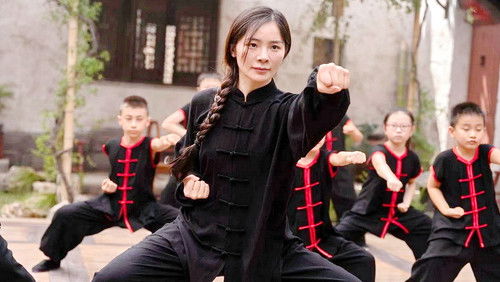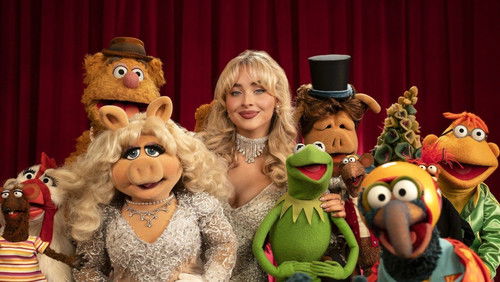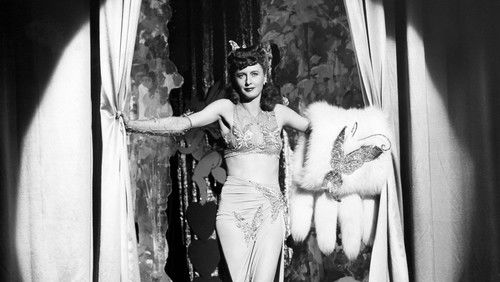Serenade zu dritt (1933)
8KSerenade zu dritt: Directed by Ernst Lubitsch. With Fredric March, Gary Cooper, Miriam Hopkins, Edward Everett Horton. A woman cannot decide between two men who love her, and the trio agree to try living together in a platonic friendly relationship.
“Few films have had as much nonsense written about them as Ernst Lubitschu0026#39;s u0026quot;Design For Living.u0026quot; From the moment it was released, it was criticized for rewriting Noel Cowardu0026#39;s then-daring play (Ben Hecht, the screenwriter, said: u0026quot;Thereu0026#39;s only one line of Cowardu0026#39;s left in the picture–see if you can find it!u0026quot;); for casting Americans in parts that had originally been played by Coward, Alfred Lunt, and Lynn Fontanne; for toning down the gay subtexts of Cowardu0026#39;s play. All that is, of course, completely irrelevant; the question is not whether the play is faithful to the source material, but whether itu0026#39;s good. And it is, it is.u003cbr/u003eu003cbr/u003eThere are flaws in the film. This was one of the first times Lubitsch had made a movie with little or no music on the soundtrack; previously, in his musicals and his sublime u0026quot;Trouble In Paradise,u0026quot; he had used background music to cover up potential dead spots and carry the film along. Here there is none of that, with the result that some of the early scenes seem oddly paced. But the wit of the script (written by Hecht but, as always with Lubitsch, carefully supervised and contributed to by the director himself) and the appeal of the performers (more about them later) pull the film through the occasional rough spots, and the second half of the movie is just about perfect.u003cbr/u003eu003cbr/u003eAnother idiotic thing that is often said about u0026quot;Design For Livingu0026quot; is that Lubitsch and Hecht rewrote Coward due to fear of the censors. In fact, the censors must have had a heart attack when they saw u0026quot;Design,u0026quot; for this is one of the most sexually frank of the pre-Code Hollywood movies; premarital sex, cohabitation, adultery and frigidity are all clearly portrayed– but, as always with Lubitsch, they are implied rather than shown. Lubitschu0026#39;s trademark door and blackout gags are here, and they are hilarious; again, itu0026#39;s not Noel Coward–itu0026#39;s Lubitsch, the cinemau0026#39;s greatest comic filmmaker at the peak of his powers.u003cbr/u003eu003cbr/u003eBut thereu0026#39;s something else here that isnu0026#39;t found in most Lubitsch films, and it comes from Ben Hecht, whose cynical, fast-talking, very American style of writing gives the characters a flavor quite unlike the more Continental wit of Lubitschu0026#39;s usual heroes. (This is also one of the few Lubitsch films where the lead characters are American rather than European.) Critics have sometimes complained that Hechtu0026#39;s somewhat inelegant style was unworthy of either Coward or Lubitsch. Again, I disagree; the moments of Hechtian farce (like the hilarious party scene) are beautifully handled by Lubitsch and turn the film into a forerunner of screwball comedy, the place where Continental charm and hard-driving Americanism meet.u003cbr/u003eu003cbr/u003eNow to the actors. The u0026quot;British is Betteru0026quot; attitude of many critics made it inevitable that Lubitschu0026#39;s American cast would be pilloried. Again, this is not Noel Coward and a Noel Coward style of acting wouldnu0026#39;t work in this context. All the leading players are actually quite wonderful: Miriam Hopkins, one of Lubitschu0026#39;s favorite actresses, has the best role and gives a marvelously energetic performance as the flighty, pretentious free spirit who tries to substitute art for sex; Gary Cooper is at the height of his youthful charm, with a surprisingly light comic touch and great teamwork with Fredric March. March, who can often be heavy-handed in film comedy, is here charming and funny; itu0026#39;s a tribute to Lubitsch that he got such a genial performance out of him. And, of course, thereu0026#39;s Edward Everett Horton, one of Hollywoodu0026#39;s finest character actors in one of his finest roles.u003cbr/u003eu003cbr/u003eIf you know and love the Noel Coward play, donu0026#39;t expect this movie to be a faithful adaptation. Think of it as an original work of comedic art that happens to utilize some of the story elements of Cowardu0026#39;s play. Itu0026#39;s not Noel Coward; itu0026#39;s a splendid romantic farce that, like all great comedies, has serious themes underneath the fun: Sexual freedom, male vs. female roles in society, art, love, friendship. So see it (if you can; itu0026#39;s not on video, alas). Itu0026#39;s not Noel Coward, itu0026#39;s Ernst Lubitsch, and despite the occasional flaws, itu0026#39;s Lubitsch at his best.”

